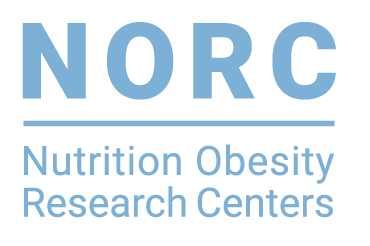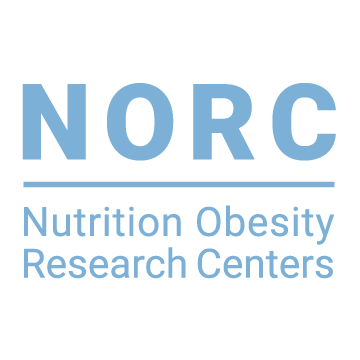Uric acid is a chemical that is created when the body breaks down purines (purines are building blocks of our DNA). Under normal conditions, uric acid dissolves in blood, is processed in the kidneys and excreted in urine. However, if the body makes too much uric acid or the kidneys are not able to clear enough of it, uric acid can accumulate in blood. High levels of uric acid (hyperuricemia) form crystals in the joints and kidneys and pose increased risk for gout, kidney and heart disease.
Most of the uric acid in blood comes from foods and drinks. These include red meat, organ meat, seafood, beer, liquor and sugar-sweetened items. Presence of other diseases such as obesity, hypertension, diabetes, and kidney disease can also lead to hyperuricemia. In gout, uric acid crystals in joints can cause pain, swelling and deformity. Also, uric acid crystals in kidney can form kidney stones resulting in a painful condition and considerable damage to kidney.
Genetics and family history also play an important role in hyperuricemia and gout. In individuals with a first-degree relative suffering from gout, the risk of developing gout is twice as much as the general population. Similarly, an individual’s risk also differs based on his/her genetic makeup. Specific genetic variants, mainly in uric acid transporters, have been found to increase the risk for hyperuricemia and/or gout.
It is very important to focus on lifestyle changes to reduce the risk of hyperuricemia, gout and kidney damage. Ideal lifestyle pattern is to follow a well-balanced diet high in vegetables and fruits and low-fat dairy products, limit fish and organ meats, exercise regularly and maintain a healthy weight.
###
About Saroja Voruganti, PhD
Saroja Voruganti, PhD, joined the UNC Nutrition Research Institute (NRI) in 2013 as an assistant professor of nutrition at UNC Chapel Hill and is the Director of the NORC’s Nutrigenetics and Nutrigenomics (NGx) Core. Dr. Voruganti earned her BSc degree with honors in Foods and Nutrition at The University of Delhi, India, and a post-graduate diploma in Dietetics and Hospital Food Service. She received a PhD in Nutritional Sciences from the University of Texas at Austin and did post-doctoral work in Genetic Epidemiology at the Texas Biomedical Research Institute. Dr. Voruganti’s research investigates how genetic and environmental (particularly diet and nutrients) factors impact hyperuricemia, gout, kidney and cardiovascular disease, with the goal of finding new treatment options. She welcomes inquires about these topics. Please contact Dr. Voruganti by phone (704) 250-5009 or by email.


